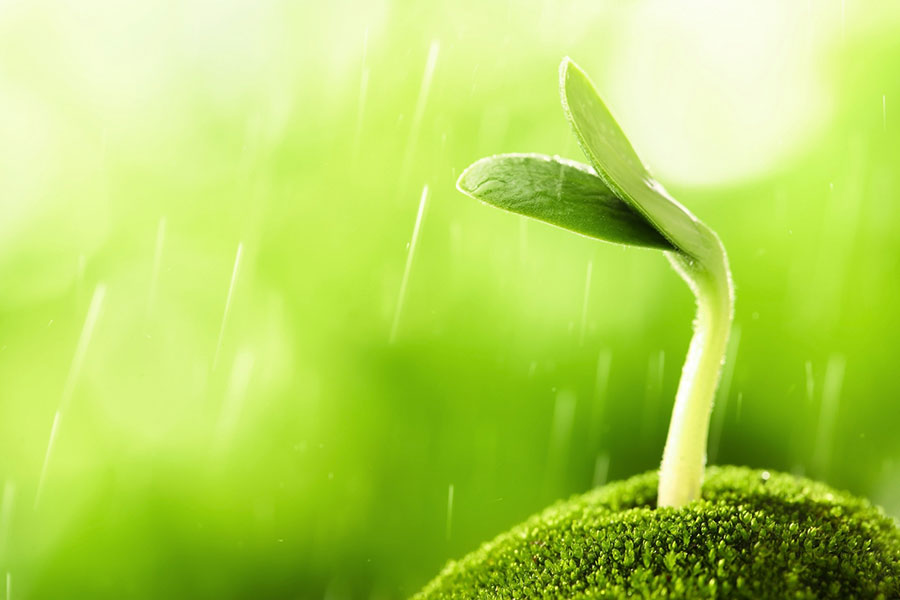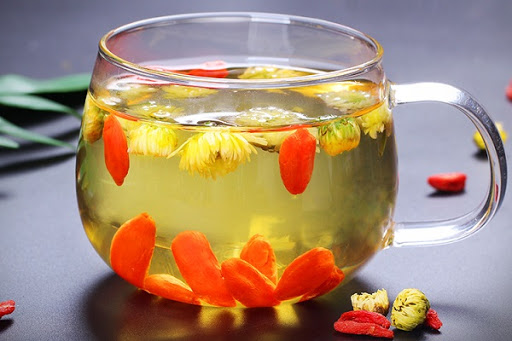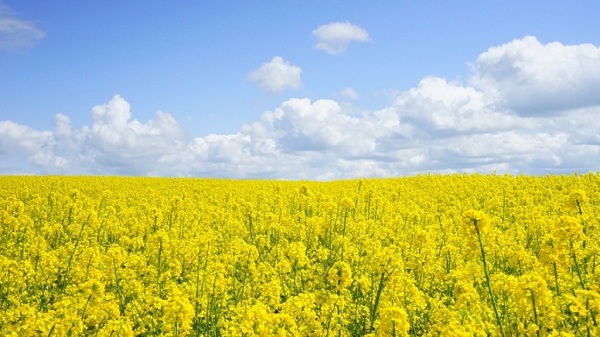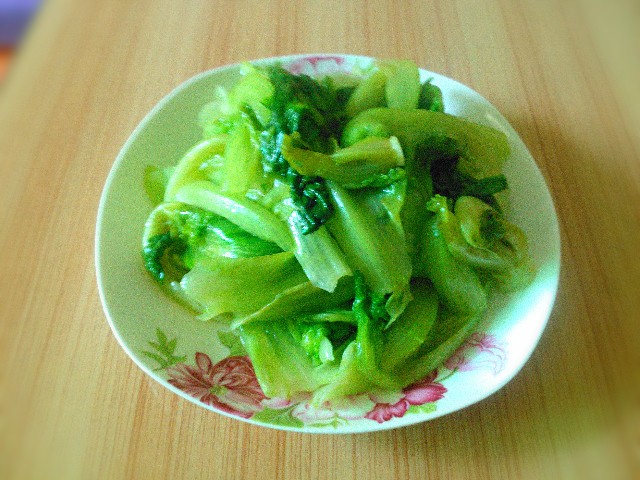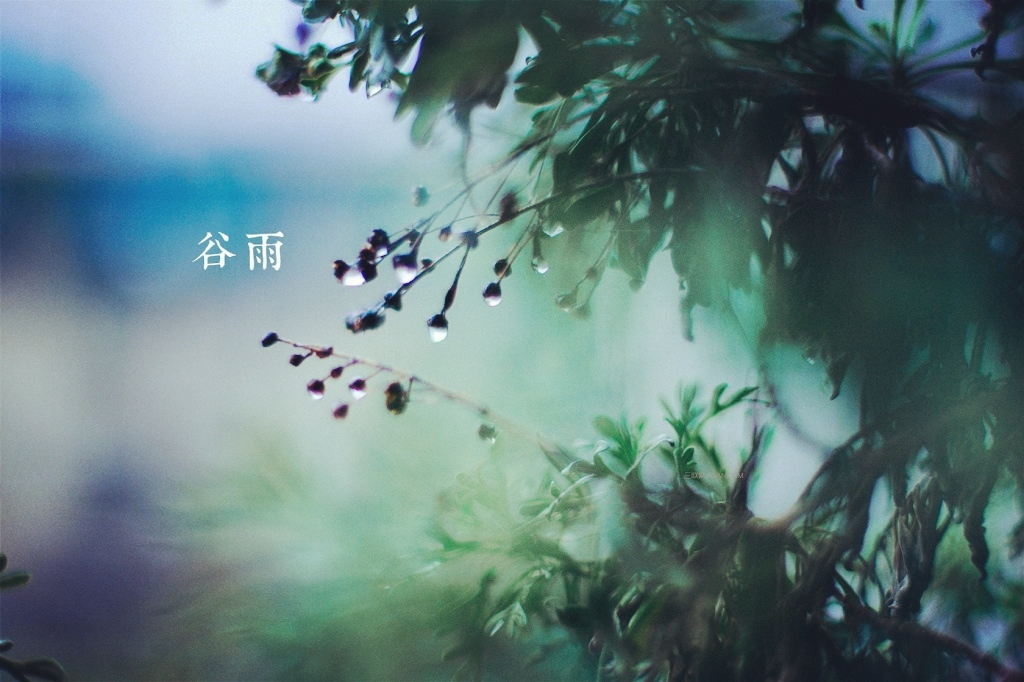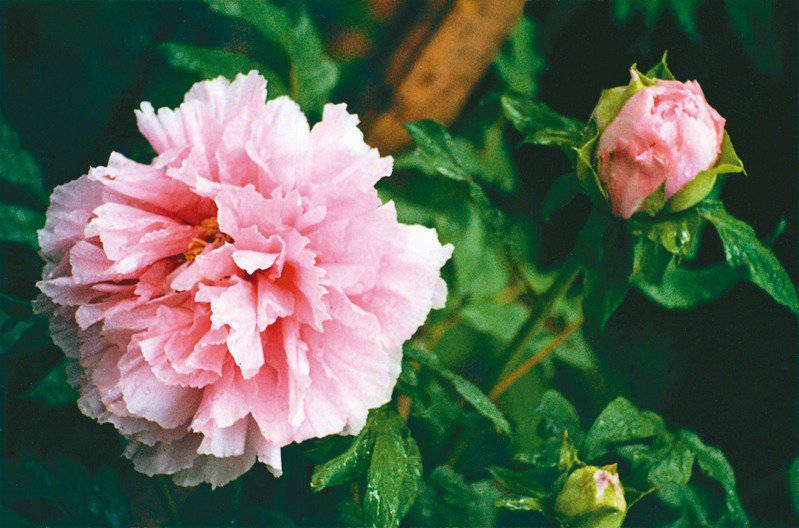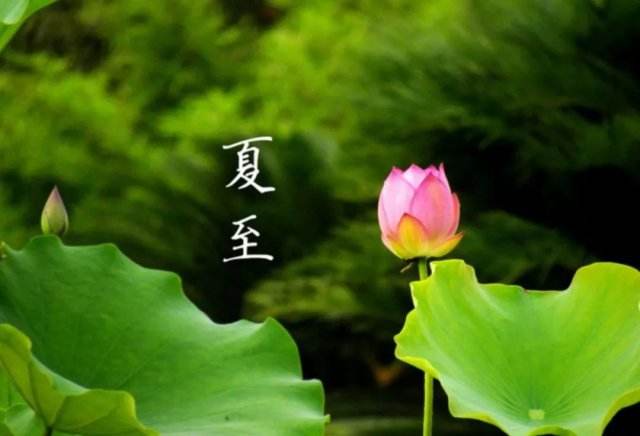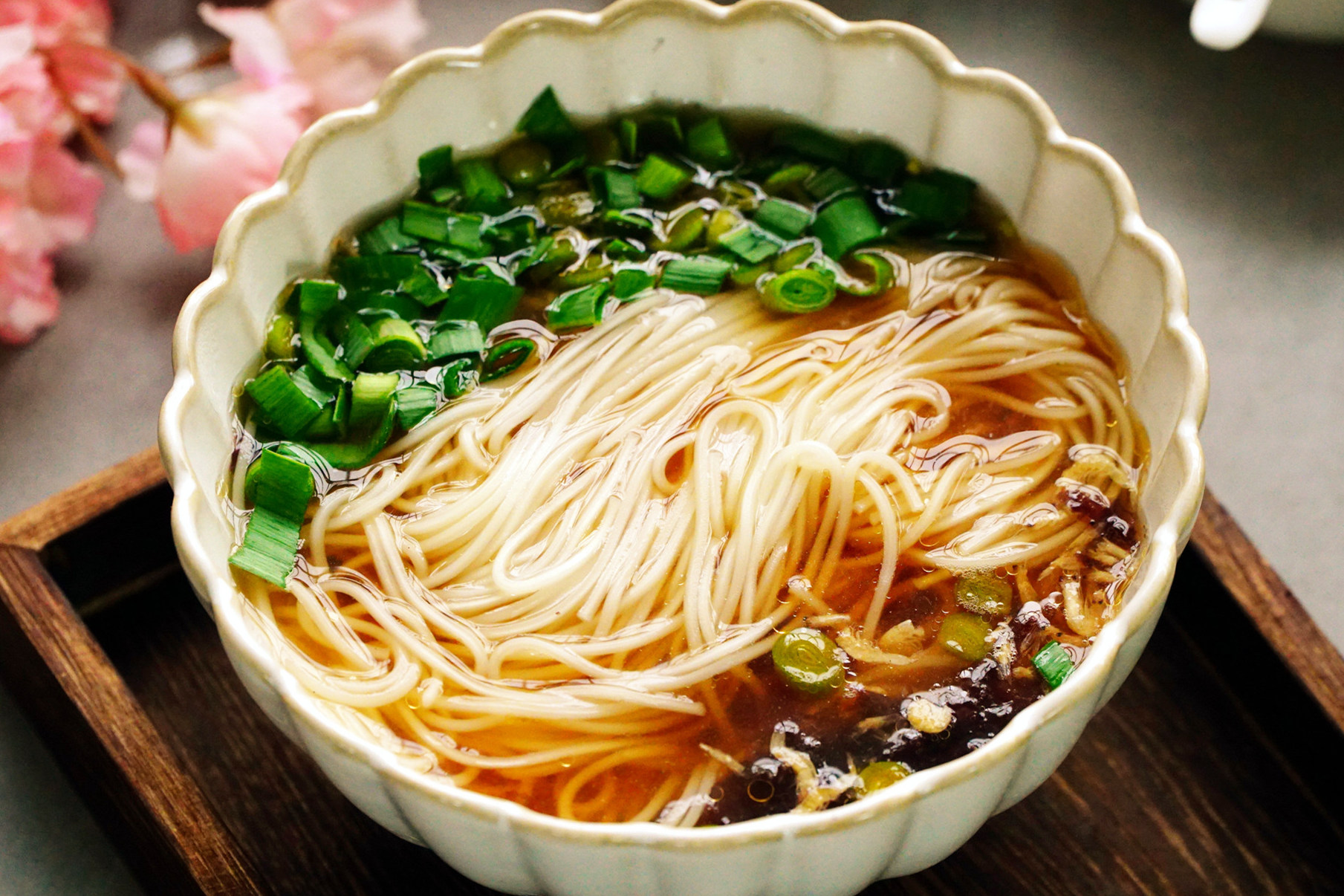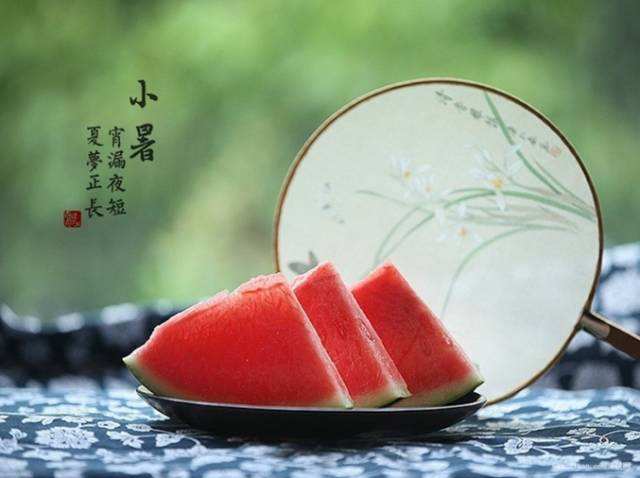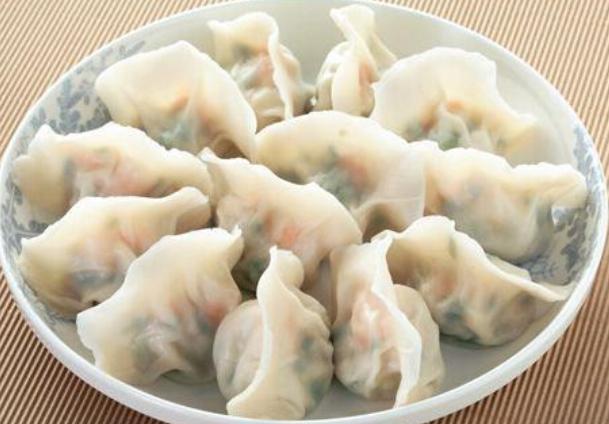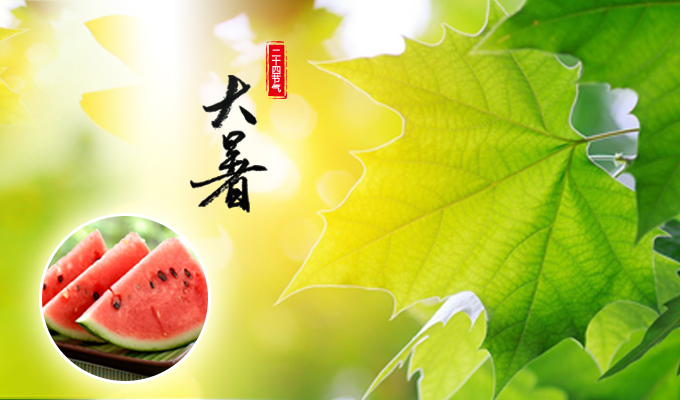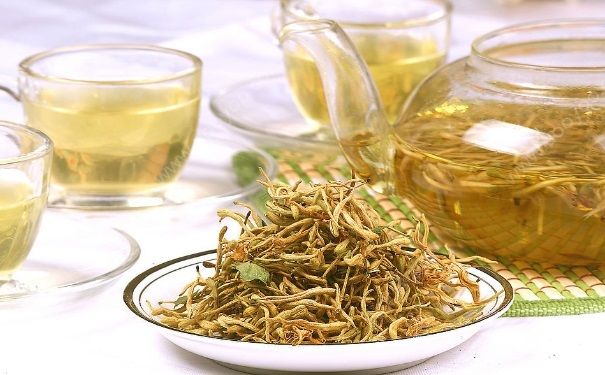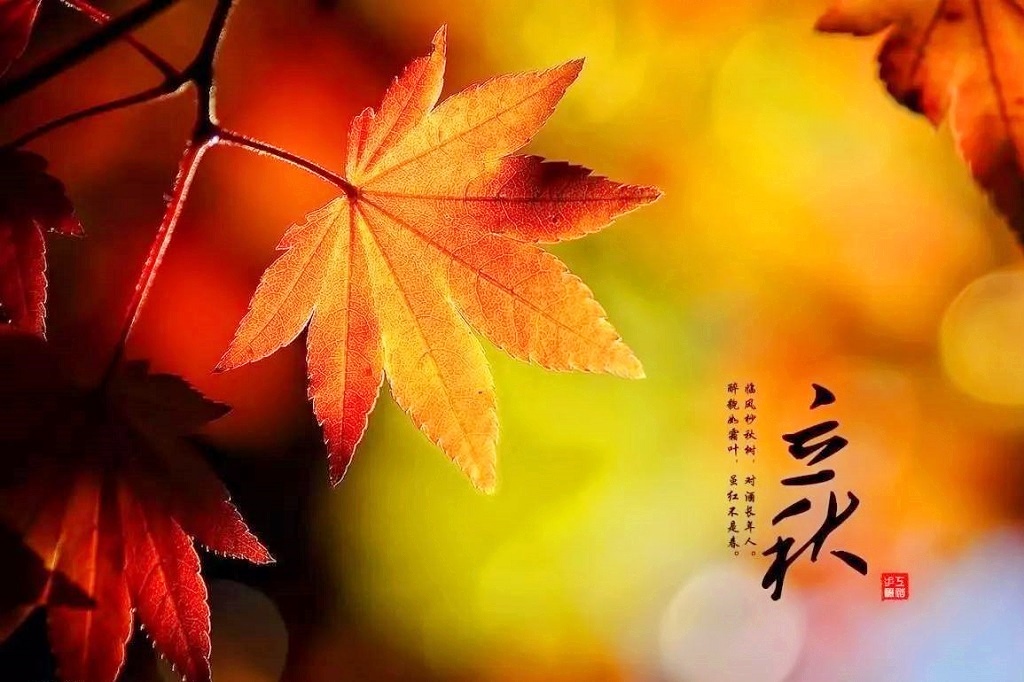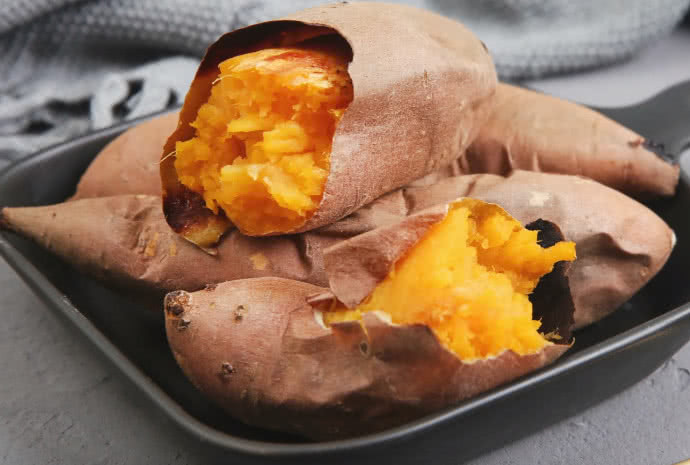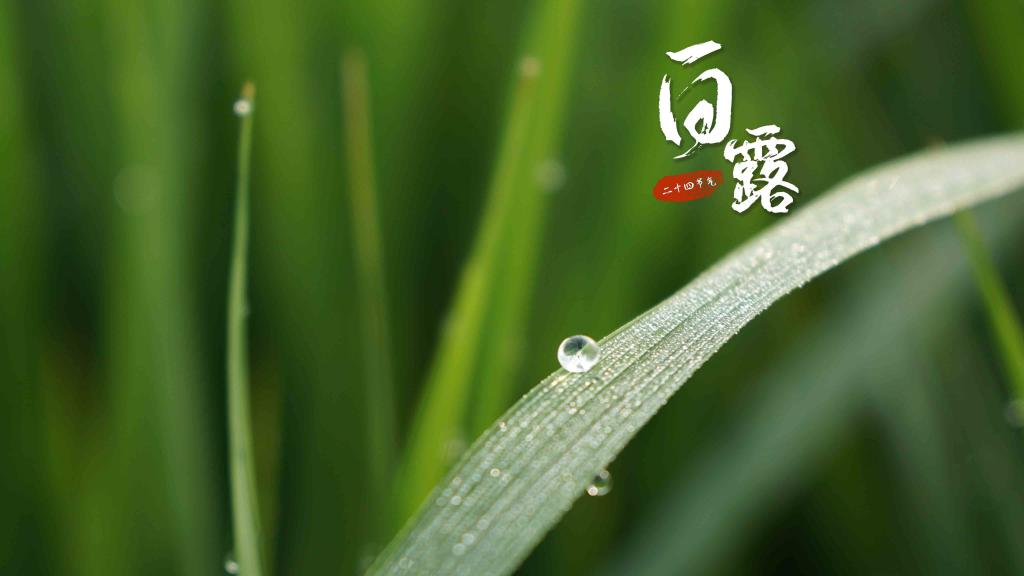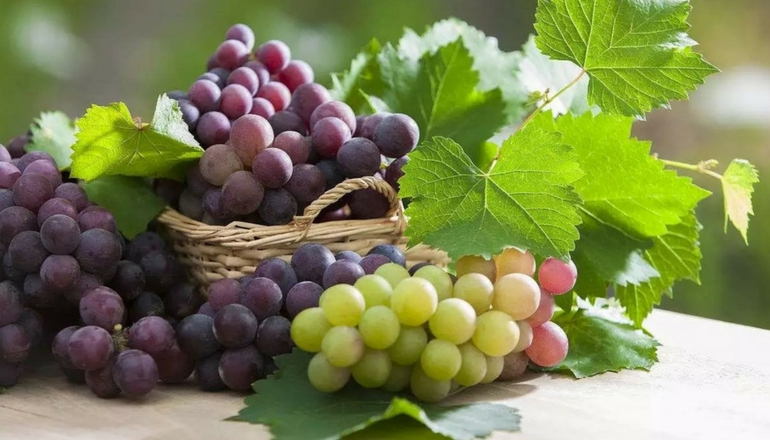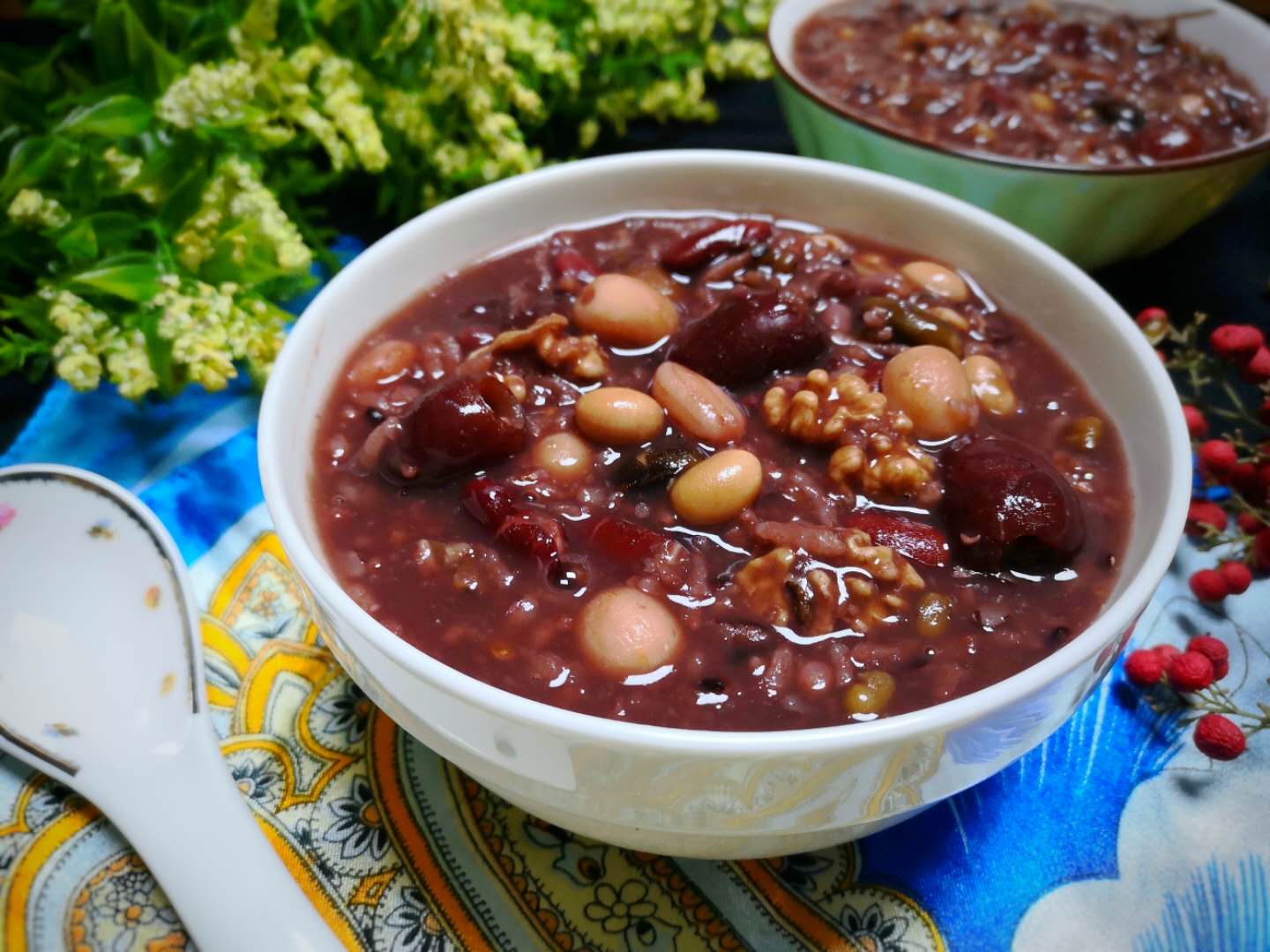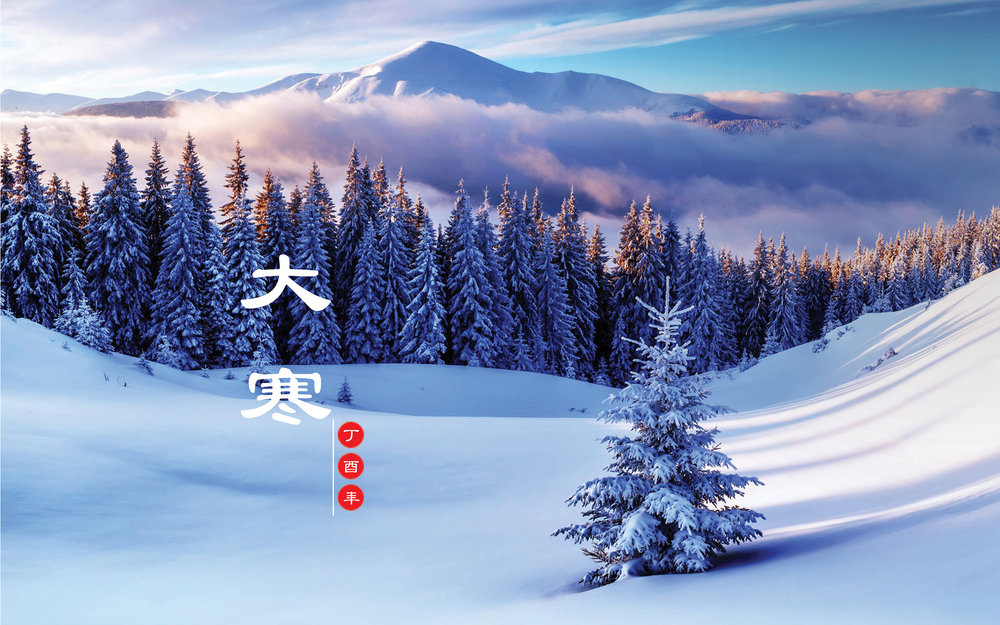The 24 Solar Terms refer to a supplementary calendar that ancient Chinese established to guide their agricultural activities in a year. Besides the initial function of guiding farming production, these solar terms also reflect rich Chinese customs, seasonal festivals, seasonal foods, and even healthy living tips.
Spring
Start of Spring (Feb. 3, 2021)
Start of Spring lifts the curtain to spring. The climate is becoming warm, the daytime is longer, spring shower begins, and everything is waking. The crops and plants are growing fast, requiring more irrigation and fertilizer. Therefore, the Start of Spring is a solar term to remind farmers to start taking care of the crops in the new year.
Traditional Customs: One of the most important customs of the Spring of Spring is called “biting the spring," which involves eating special food like spring pancakes, spring rolls, and carrots.
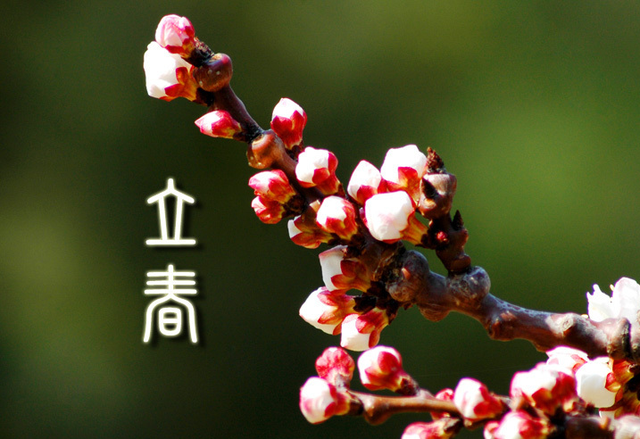
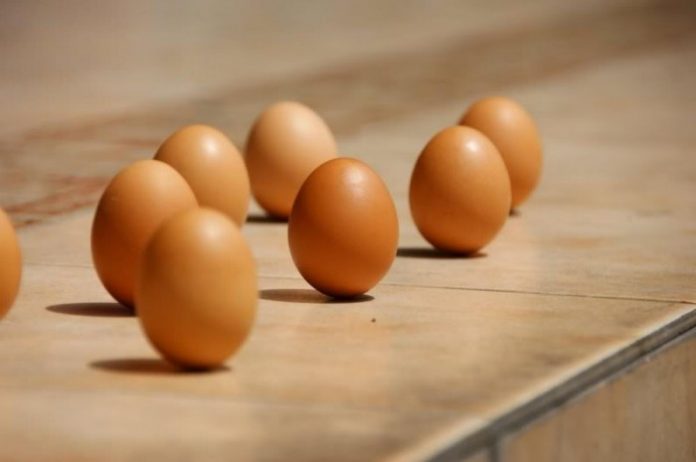
Rain Water (Feb. 18, 2021)
Rain Water signals the increase in rainfall and the rise of the temperature. As the old saying that the spring water is as precious as oil, the appropriate amount of rainfall is significant to the crops. However, even after the Rain Water, some places in northern China are still cold and snowy. While most parts of southern China, spring is in the air. But the cold spell can return any time.
Traditional Customs: Chinese people don’t take the occasion seriously. But in old times, there are all sorts of customs. For example, in Sichuan, married daughters return to their parents’ house on the day and prepare stewed pig’s feet, chicken soup, and red tapes as presents. In other places, parents look for a godfather for their children. In terms of health, thick porridge and chrysanthemum tea are recommended.
Awakening of Insects (Mar. 5, 2021)
Awakening of Insects alludes that the spring thunder suddenly awakens the hibernating animals, and the temperature is rising rapidly. Most parts of the Yangtze River began to have the first spring thunder, while other places shall wait until the Qingming Festival. The Awakening of Insects implies that busiest farming time is coming. With the average temperature reaching 10 degrees and the sunlight is increasing, farmers catch the time and plow rice and corn.
Traditional Customs: In Chinese culture, the white tiger is a troublemaker. It often comes out during the Awakening of Insects for hunt. It’s said that even a small bite by the white tiger can bring bad luck for the rest of the year. Therefore, people in old China offer sacrifices for the paper white tiger. Besides, with insects being awakened, people use burning incenses and wormwood to smoke out the hidden insects. To drive out bad luck, women also beat the “villains (a kind of paper figure)."
Also, ancient Chinese people believed that it was the Lord of Thunder who made the thunder, and to please him, people also beat drums on the day. Aside from all these customs, the pear is a particular fruit on occasion.
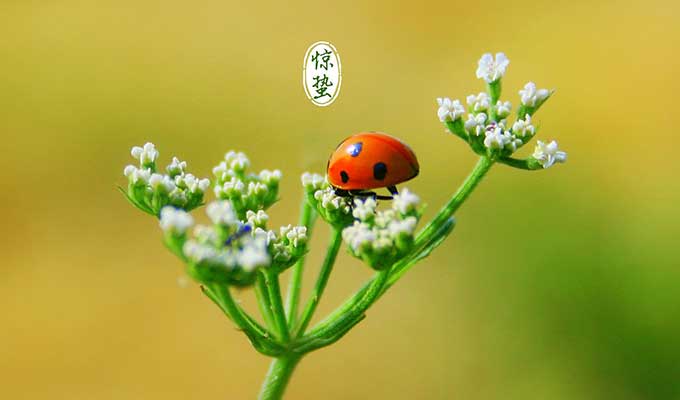
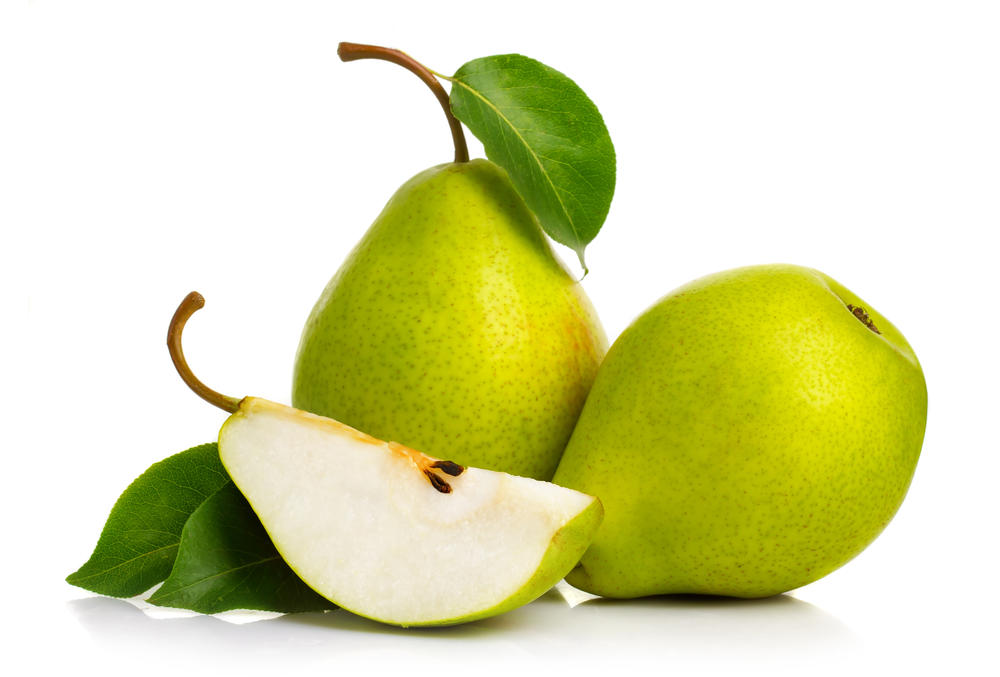
Spring Equinox (Mar. 20, 2021)
The Spring Equinox indicates that the length of daytime and nighttime are the same. The sun is directly above the equator and starts to move northwards after the day. As a result, the daylight is becoming longer in the Northern Hemisphere.
Traditional Customs:
1.Egg-standing Game: it’s said that whoever can keep the egg stand on one end shall have a lucky year.
2.Spring Rites: in ancient China, people held grand rituals to worship their ancestors on the day.
3.Eat Spring Vegetable: it’s a kind of amaranthus lividus people use to make a fish soup.
4.Feed the Sparrow: ancient Chinese eat Tang Yuan on the day and deliberately leave a few outdoor to feed the sparrows so that they won’t hurt the crops.
Qing Ming (Apr.4, 2021)
Qing Ming implies that the weather is bright and warm, and the trees and grass are becoming luxuriant. It’s not just a solar term, but an important festival in China.
Folk Customs: tomb Sweeping, spring outing, swing, kite flying, and eating cold food.
Grain Rain (Apr. 20, 2021)
Originated from the theory that rain gives life to all grains, the Grain Rain alludes that the best time to sow and plant comes with the ending of the cold spell and rapid increase of temperature. In north China, the flowers are blossoming, and the sufficient rainfall nourishes all crops. In south China, the temperature increases as high as to 22 degrees. It may reach 30 degrees in some places, indicating the summer is near.
Traditional Customs:
1.Tea-picking: it’s said the new tea picked on the day is conducive to eyes and clearing internal heat.
2.Peony Fair: peonies blossom in April, and there are many peony fairs in China during the time. The most famous one is held in Luoyang.
3.Offer Sacrifice to Cang Jie: legend has it that Cang Jie invented the Chinese characters, which moved the Jade Emperor, who bestowed a rain of grains on the day when he learned that the commons were suffering. To memorize Cang Jie, Chinese people held temple fairs and offered sacrifice to Cang Jie.
4.Eat Toona Sinensis.
Summer
Start of Summer (May 5, 2021)
As the first solar term in Summer, the Start of Summer signals the transition from Spring to Summer. On the day, the sun reaches an angle of 45 degrees to the celestial longitude. However, China is a vast country with a big latitude difference. By the time, only Fuzhou and places south of the Nanling Mountains can actually enjoy the Summer. In comparison, part of north China just enters spring.
Traditional Customs: In feudal society, the emperor would lead all the ministers and officials to greet the summer and have a grand ritual performed. Later, people began to eat new food, have eggs, compete boiled eggs, and weigh themselves to celebrate the beginning of the summer.
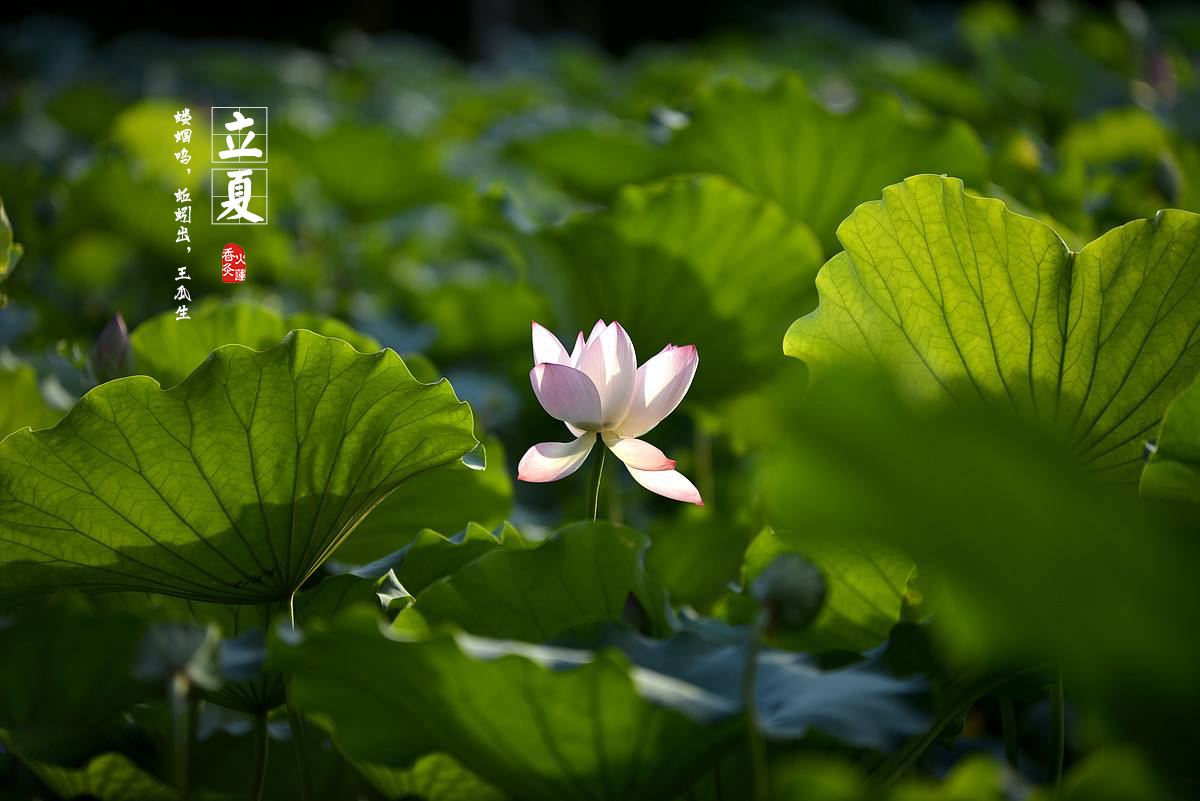
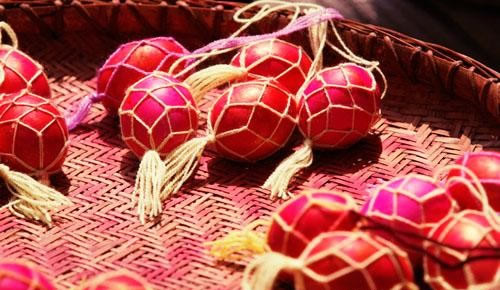
Grain Buds (May 21, 2021)
Grain Buds alludes that the rain season is coming, and the grains become full but not ripe yet. The sun reaches 60 degrees to the celestial longitude, and south China will enjoy a sufficient rainfall. While the north China still has few rainfalls, but the temperature is catching up quickly.
Folk Customs: Eat mulberries, potherbs, and celebrate the birthday of the silkworm deity.
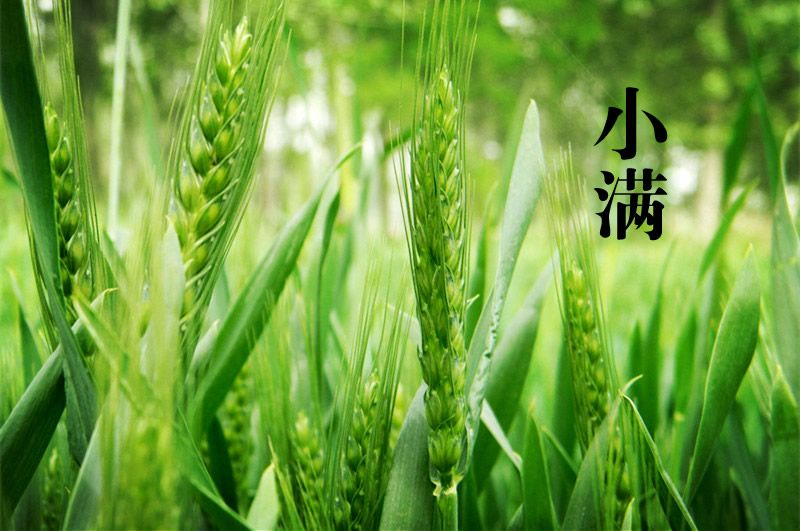
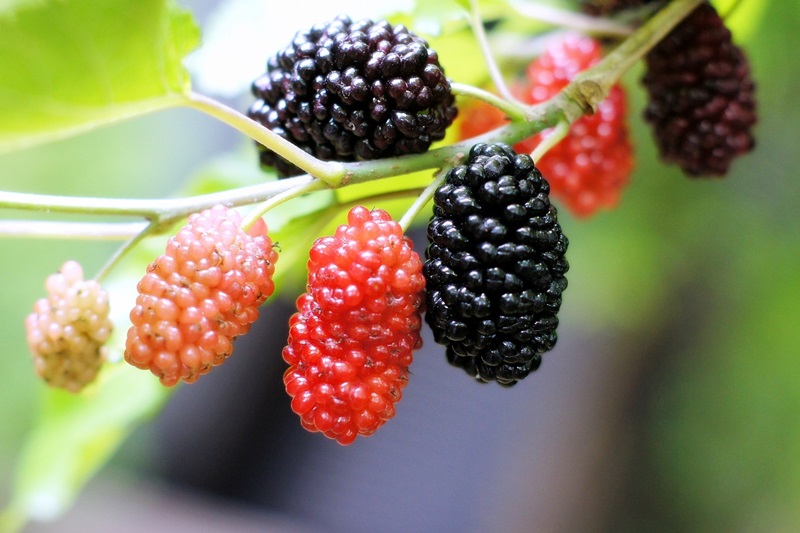
Grain in Ear (Jun.5, 2021)
Grain in Far marks the ripeness of the grains with awns and the beginning of midsummer. After the day, farmers need to rush in the harvest. Meanwhile, it’s the best time to sow the late-mature grains. Grain in Ear ushers into a time of heavy rain and rising temperature. Especially in the middle and lower reaches of the Yangtze River, the continuous rainfall and the hot weather often make things moldy. Therefore, the rainfall at the time is called “Mei Yu (rain that makes things moldy).”
Traditional Customs: offering sacrifice to the God of Flowers, praying for a good harvest, and boiling green plums.
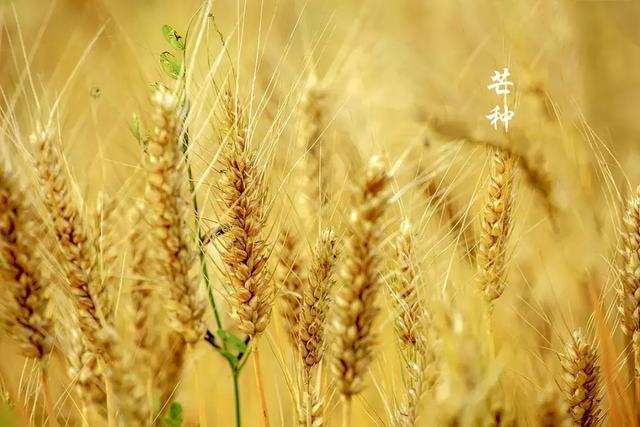
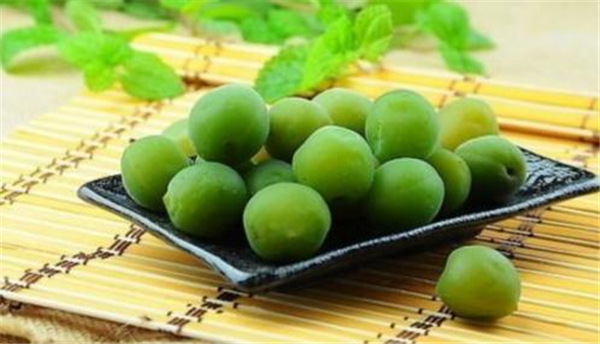
Summer Solstice (Jun. 21, 2021)
Summer Solstice is the longest day in the northern hemisphere, and the daytime lasts about 14 hours. On the day, the sun shines directly on the Tropic of Cancer, but it's not the hottest day in the year. The reason is that the heat close to the ground is still accumulating. The hottest days occur between the Summer Solstice and the Start of Fall.
Traditional Customs: Summer Solstice is a time for harvest. Chinese people used to celebrate their harvest and worship ancestors for their blessings on the crops. In south China, eating noodles is an important tradition to celebrate the occasion.
Slight Heat (Jul. 6, 2021)
Minor Heat is the prelude to the hot summer, but the hottest period is yet to come. It also signals a time of thunder, storm, and hail. Therefore, the climate at the time can be both hot and humid.
Traditional Customs: In south China, people used to have food made from the newly-harvested grains on Minor Heat and offer some as the sacrifice for ancestors. In north China, people eat dumplings on the day.
Great Heat (Jul. 22, 2021)
Great Heat signals that the hottest days are coming. The climate during the period is characterized by extreme hotness, thunderstorms, and typhoons. With the monsoon climate as the leading climate feature, China is affected by the warm and humid oceanic air and becomes hot, rainy, and humid. Besides, the weather changes very quickly. It could suddenly rain when the sun is still shining.
Traditional Customs: perform rituals on a big boat, get acupuncture, drink honeysuckle tea and mutton soup, dry ginger with brown sugar, eat cold noodles from the bamboo tube, and mesona chinensis benth, and play fighting crickets.
Autumn
Start of Autumn (Aug. 7, 2021)
The Start of Autumn alludes to the starting of autumn and signals the seasonal transition. Since the day, everything begins to ripe and go bleak. However, it doesn't mean that hot days are over. The fact is it will be hot for about 20 days before the weather becomes pleasant and warm.
Traditional Customs:
1.Qiushe Festival: The places where the God of Land is called She. In every harvest or sowing season, ancient farmers would worship the God of Land to pray for a good harvest or thank him for the year's blessings.
2.Qiumang Fair: It functions both as a trade fair and a temple fair. People trade for daily necessities, stocks, grains, tools, clothes, etc.. Sometimes, there were entertainment shows.
3.Fleshing Out in Autumn: Chinese people believe that autumn is an excellent time to gain some weight to prepare for the cold weather ahead.
4.Drying Grains: With the grains ripening, it’s essential to dry them in the sun before they go bad.
5.Eat watermelons, sweet potatoes, and corn.
End of Heat (Aug.23, 2021)
End of Heat is the fourteenth solar term. It signals the end of the hot summer. After the day, the weather may still be hot, but the temperature will decline with days.
Traditional Customs: go out and enjoy the beautiful Autumn scenery, set river lanterns, Fishing Festival, drink herbal tea, eat duck meat, and worship the Lord of Land.
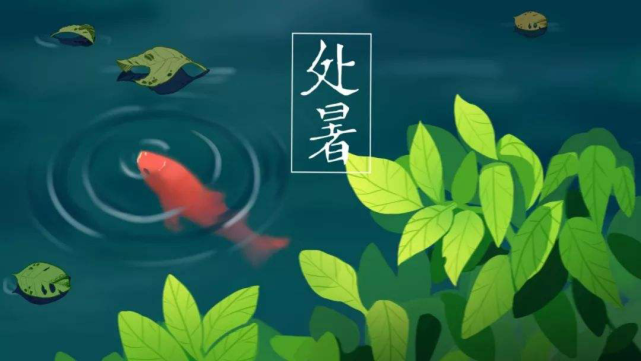
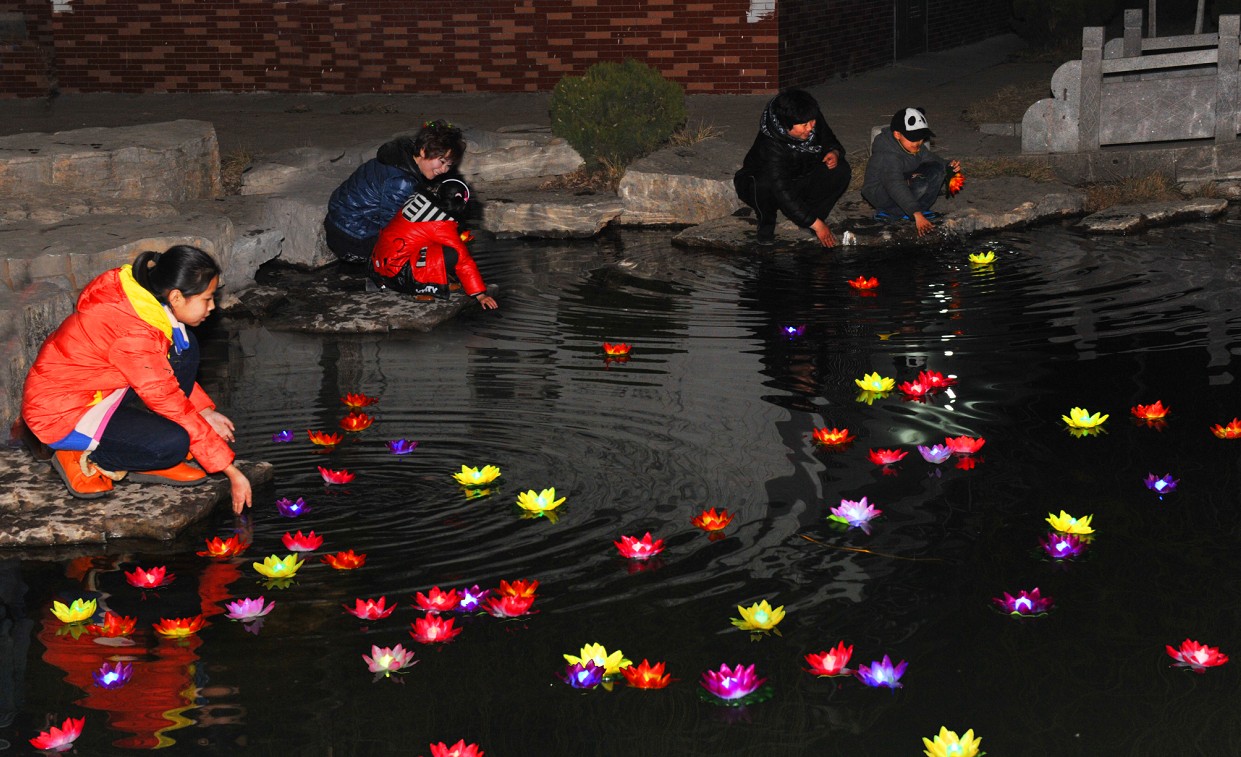
White Dew (Sept.7, 2021)
White Dew is a solar term indicating the beginning of autumn. After the day, the residual heat in early autumn gradually dissipates, the coolness rises, and vapors in the air condense into white dew at night. Besides, the temperature difference between day and night widens. Leaves gradually turn into yellow and fall, and the crops ripen.
Traditional Customs: collect morning dew, worship the King Da Yu, have Longan, grapes, sweet potatoes, and drink White Dew Tea and White Dew Wine.
Autumn Equinox (Sept.23, 2021)
On the day of the Autumn Equinox, the sun shines directly at the terrestrial equator, dividing the daytime and nighttime of the day equally. After the day, the subsolar point begins to move to the southern hemisphere. The daylight in the northern hemisphere began to shorten, and the weather becomes cold. In the north and south poles, the sun is on the horizon line all day on the Autumn Equinox. Then, the north pole begins its 6-month long polar nights.
Traditional Customs: eat crabs, green vegetables, and osmanthus cake, enjoy chrysanthemums, worship the moon, feed the sparrow to keep them from eating crops, fly kites, and stand an egg on one end.
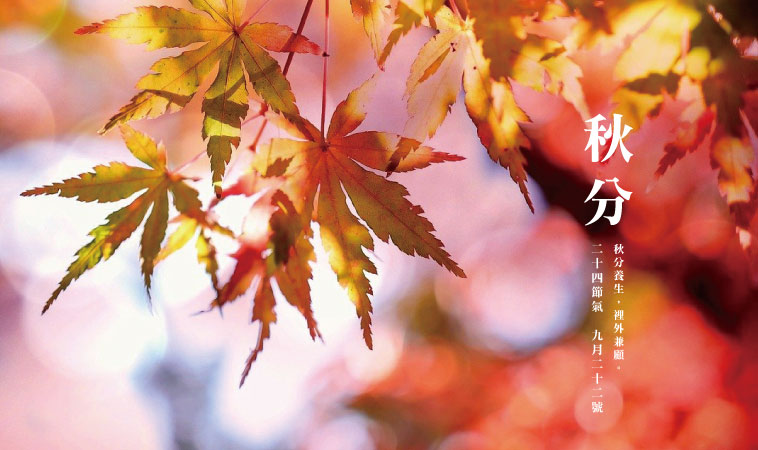
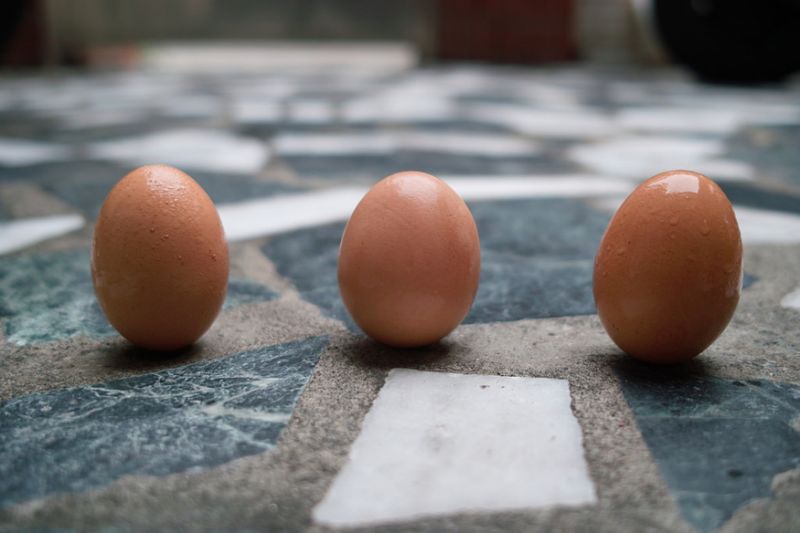
Cold Dew (Oct.8, 2021)
Cold Dew alludes to the seasonal transition. After the day, the daytime becomes short, the sunshine decreases, and the heat slowly decades. South China sees the real autumn coming along, and the average temperature drops to 20 degrees. While the part of north China already enters the early winter.
Traditional Customs: climb mountains on Double Ninth Day, eat peaches, rice cake with bean paste, and drink chrysanthemum wine.
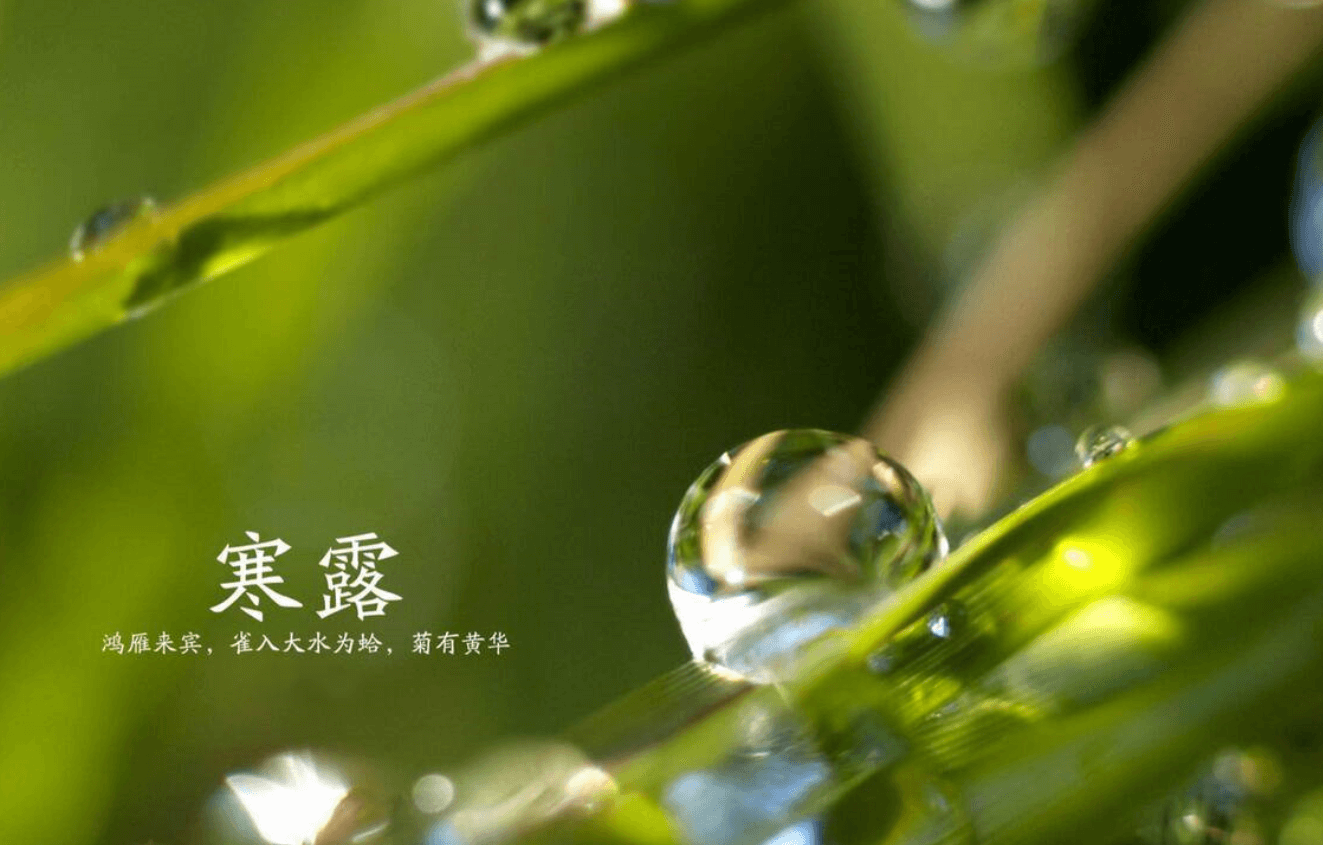

Frost's Descent (Oct.23, 2021)
Frost's Descent is the last solar term in autumn that signals winter's coming. It's characterized by cold morning and evening, warm noon, and the large temperature difference between day and night. The reason why "frost" used to demonstrate the season is that it's a manifestation of cold weather and big temperature change between day and night. However, it doesn’t mean that the frost descends from the sky in the season. The fact is "frost" doesn't come from the sky. It's the condensation of water vapor on the ground when it encounters the cold air. After Frost's Descent, the earth will gradually lose its vitality and become desolate. The cold air will invade more frequently.
Traditional Customs: worship ancestors, appreciate chrysanthemum, climb mountains, eat persimmon, and have mutton.
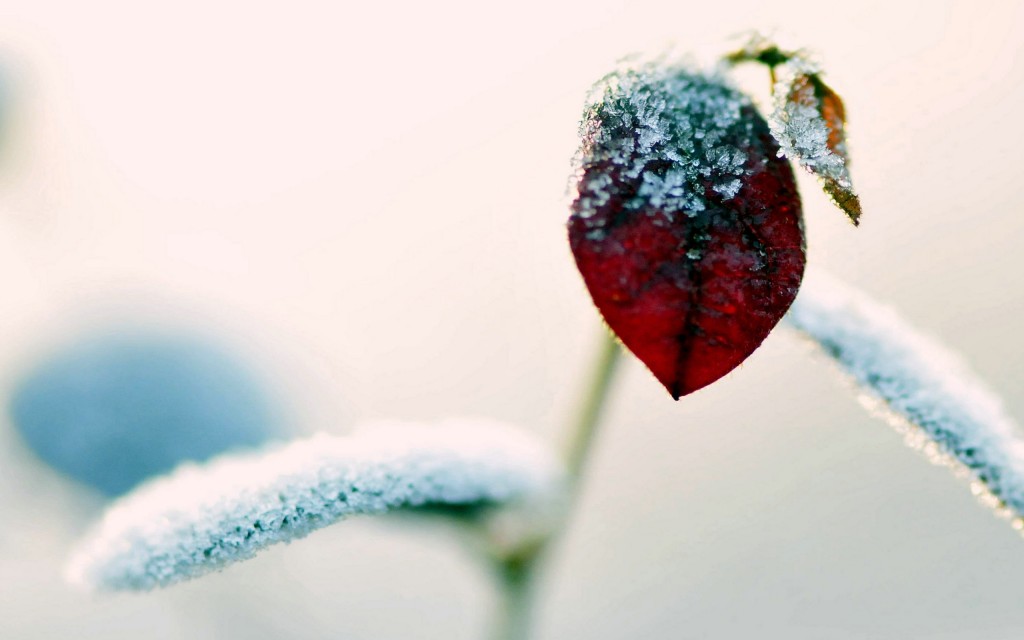
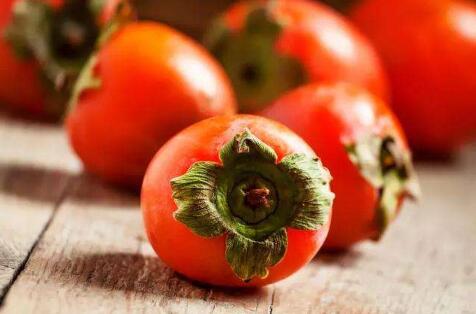
Winter
Start of Winter (Nov.7, 2021)
The Start of Winter is the first solar term in winter, signaling all the crops are harvested and stored, and animals are hiding for hibernation. However, only the coastal areas and Tibetan Plateau begin winter at the time. For northwestern and northeastern regions, winter is already there in September. At the same time, the winter of Beijing arrives in late October. While people living along the Yangtze River could only enjoy winter around the Light Snow.
Traditional Customs: offer sacrifice to the god and ancestors, have nutritious soups made from chicken, duck, medical herbs, fish, and pork, eat dumplings.
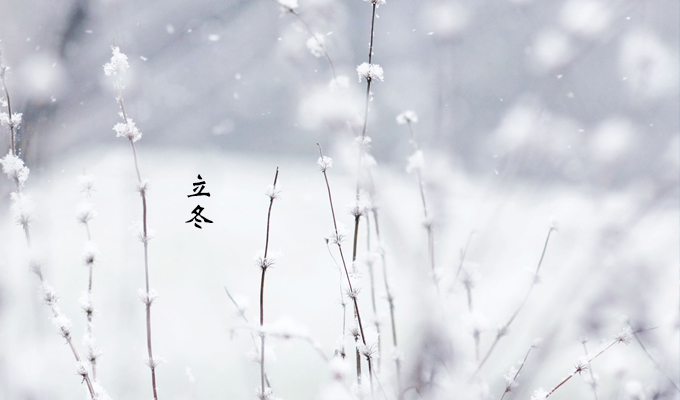

Light Snow (Nov.22, 2021)
Light Snow is a solar term that reflects the weather phenomena. However, it doesn't imply that it will snow during the season. During the period, cold waves and cold air are more active, which may or may not bring snow. The temperature gets lower and warm coats are in need. But there is not much snow coming unless there are strong cold air and active humid airflow and they encounter.
Traditional Customs: pickle cabbage and bacon, dry fish, have glutinous rice cake, and make pickles.
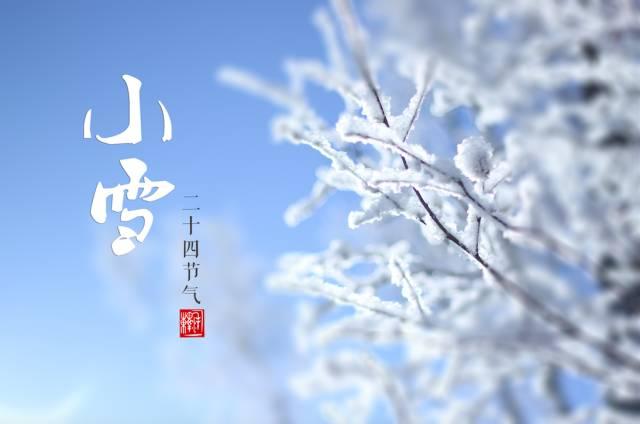
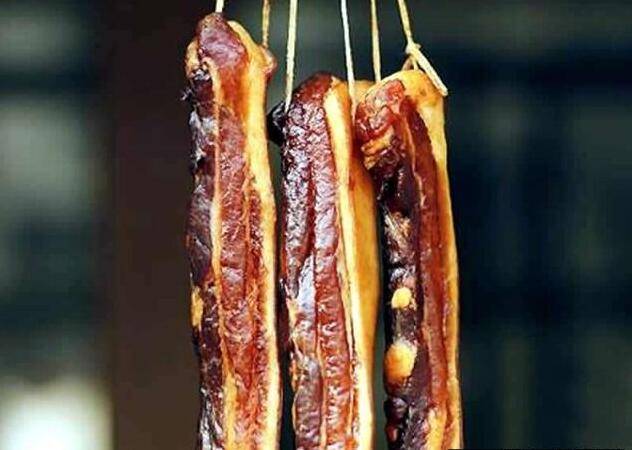
Major Snow (Dec.7, 2021)
Major Snow implies that it snows wide and heavy at the season. The minimum temperature in most areas of China drops to 0 degrees or below. Places where the strong cold air encounters the warm air have heavy snow or even blizzard sometimes. Therefore, the solar term Major Snow reflects the amount of precipitation. As the old sayings that heavy snowfall in winter means a bumper harvest, farmers wish for good snow during Major Snow. The temperature of the ground and the crops won't be too low when the cold air invades, creating a suitable environment for crops. When the snow melts, the soil's water content increases, which fertilizes the soil and bumps up the harvest.
Traditional Customs: salt bacon, ice skating, drink sweet potato porridge, and eat something nutritious.
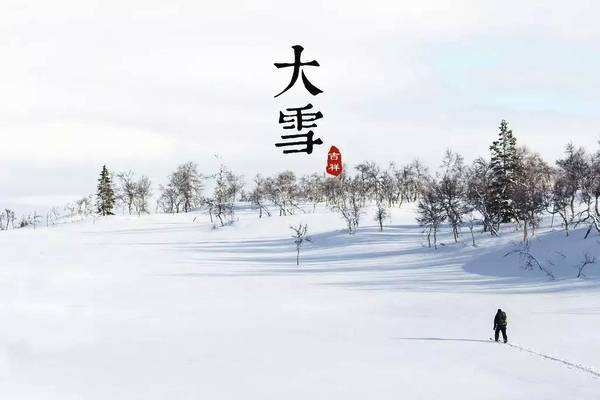
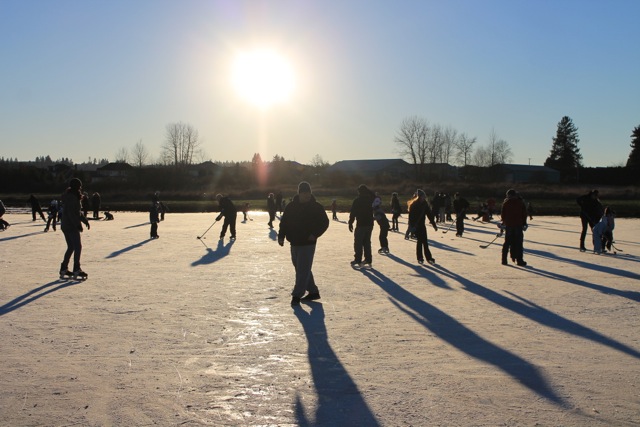
Winter Solstice (Dec.21, 2021)
Winter Solstice alludes to the arrival of winter. On the day, the sun shines directly on the Tropic of Capricorn and reaches the farthest to the southern hemisphere. Since then, it will move northwards, which means that the daytime in the northern hemisphere will become longer. The Winter Solstice has the shortest daytime and longest nighttime, but the day's temperature is not the lowest. The heat that the earth accumulated won't disperse completely until the Slight Cold. Nevertheless, the day ushers people to deep winter, and Winter Solstice became an important festival.
Traditional Customs: southern Chinese eat Tang Yuan, and northern Chinese eat dumplings.
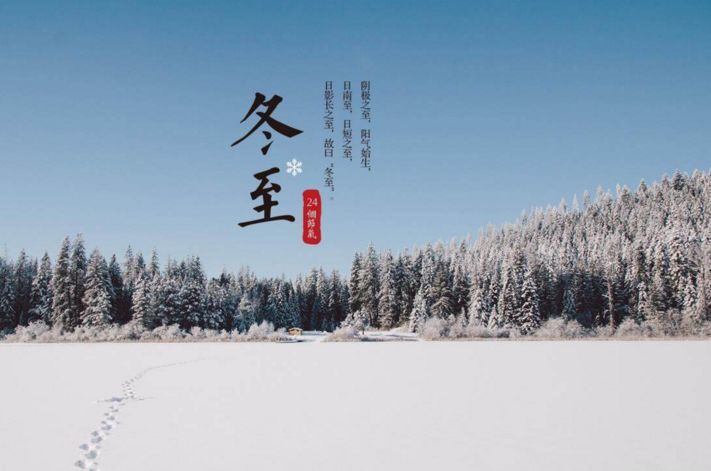
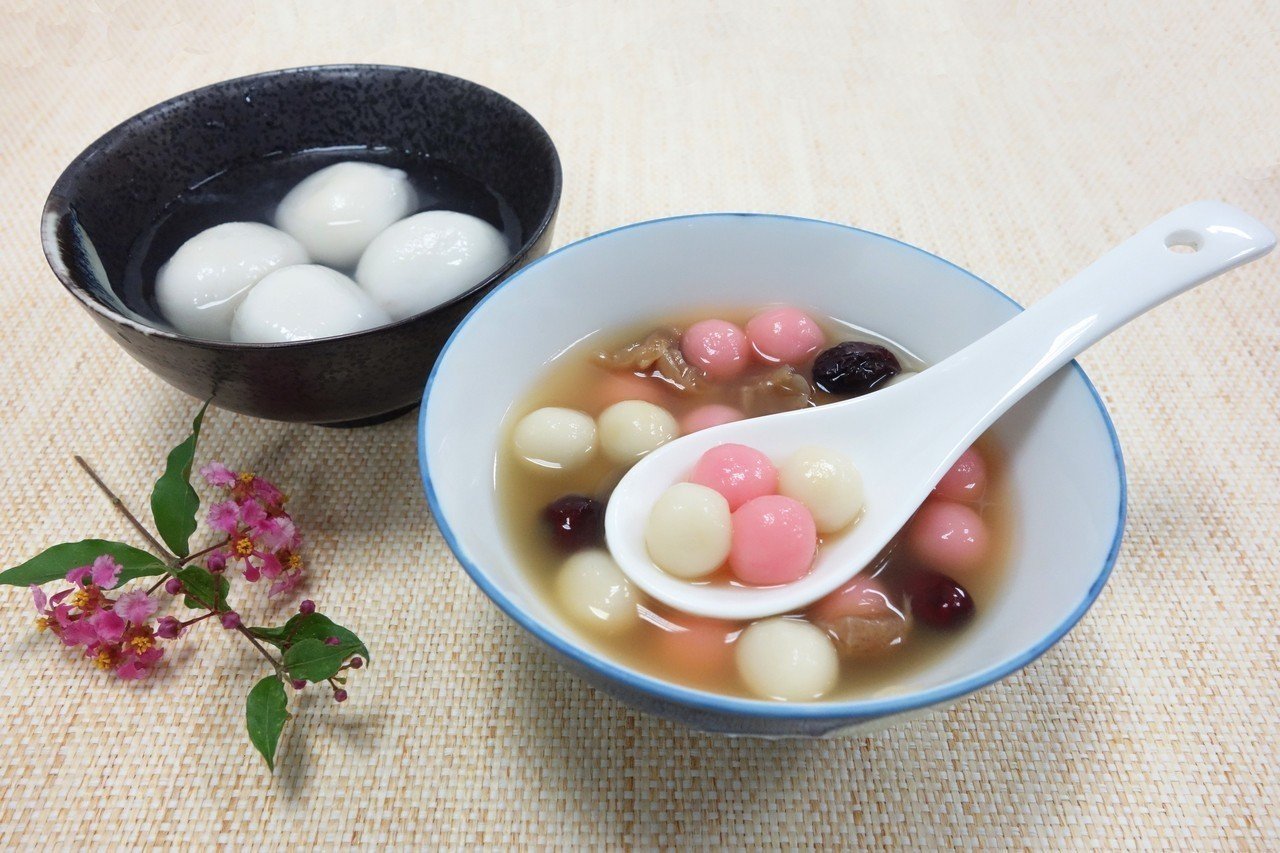
Slight Cold (Jan.5, 2022)
Slight Cold is a solar term that signals the temperature change. It marks the arrival of the coldest period. Only a few years have the lowest temperature during the Great Cold. Most parts of China enter the cold period when the soil and rivers are frozen. The cold air from the north continues to move to south China, making the temperature there drop significantly. Although all China is experiencing the coldest time, there are mainly two different kinds of coldness. In north China, winter is dry, piercingly cold, and extremely windy. While in south China, winter is humid and ice-cold.
Traditional Customs: have vegetable rice and glutinous rice.
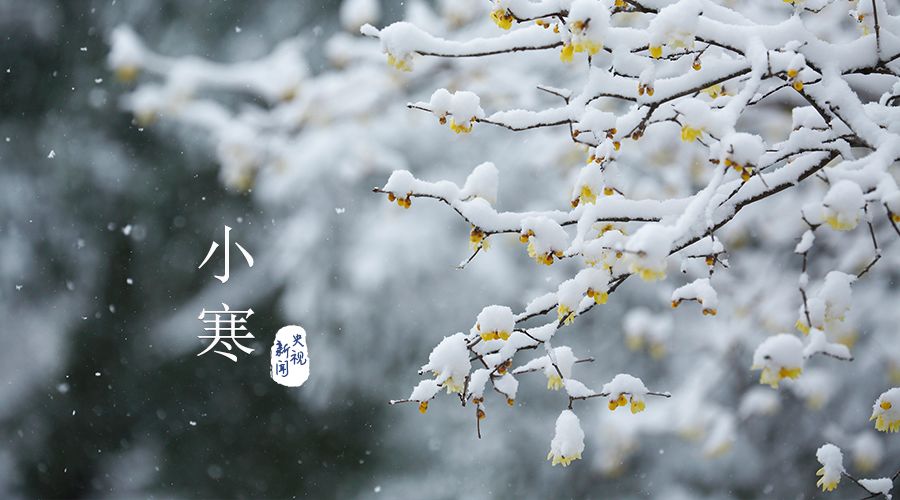
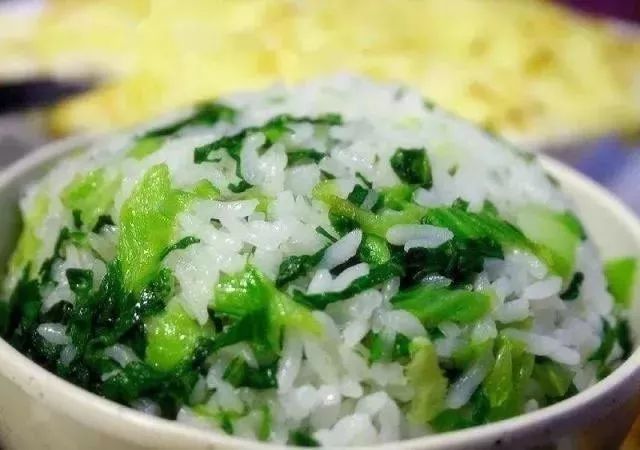
Great Cold (Jan.20, 2022)
Great Cold is the last solar term in the twenty-four solar terms. It reflects the degree of coldness in winter. Traditionally speaking, the Great Cold is the coldest time of the year, but most areas in China experience the coldest period during the Slight Cold. When the Great Cold passes, a new cycle of solar term begins. Chinese people will be busy getting rid of old and broken things, preparing stockings, doing spring cleanings, and getting ready for the Chinese New Year.
Traditional Customs: have Laba Porridge, hold wedding ceremonies, clean house, prepare food for the Chinese New Year, attend local fairs, and enjoy the Spring Festival.
The 24 Solar Terms are a precious cultural heritage in China. They reflect the weather conditions, temperature change, rainfall variation, and farming activities of the year. Today, they may lose the initial purpose of guiding the agricultural events, but the terms still have significant calendar meaning.



